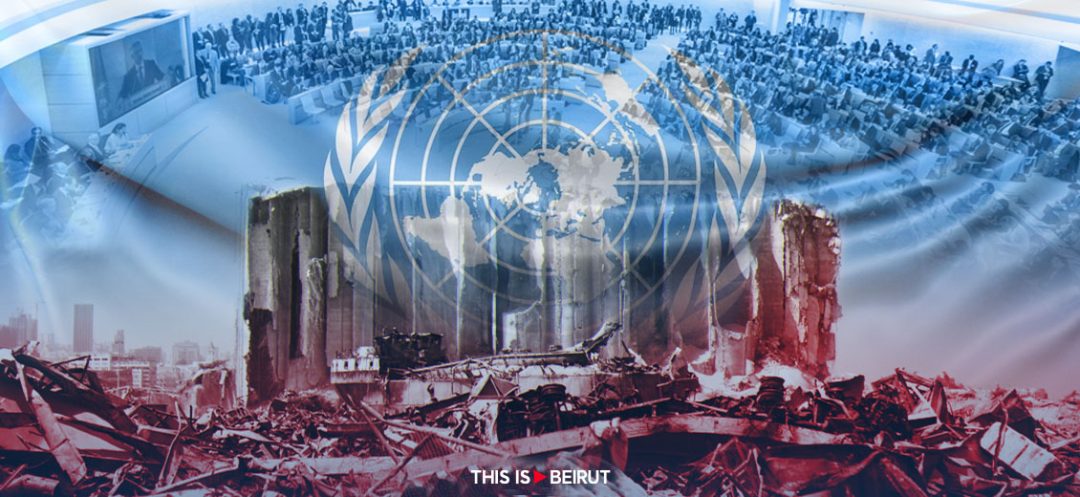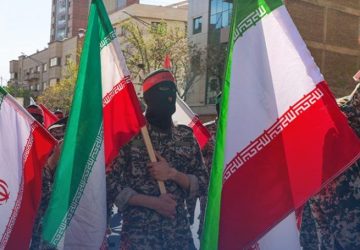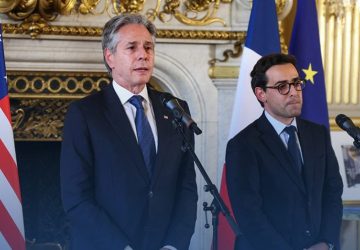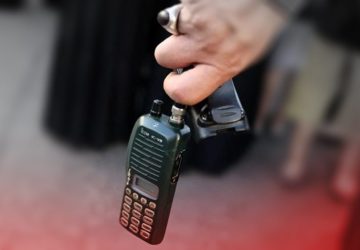Listen to the article
What developments can be expected following the statement made by UN High Commissioner for Human Rights, Volker Türk, on Monday? He stated that “it might be time to consider an international fact-finding mission to look into human rights violations related to the August 4, 2020 explosion at the Port of Beirut.”
In the best-case scenario – at least, that is what we can currently hope for – the creation of this mission would push forward the investigation which has been stalled since January 2023.
At the opening of the 54th session of the Human Rights Council (HRC) on Monday, Türk lamented that “no accountability has been established” so far in this case, adding that “it is high time to consider an international fact-finding mission to investigate human rights violations related to this tragedy.”
The worst-case scenario – which many legal experts interviewed by This is Beirut consider to be the most likely – would be the Lebanese government’s obstruction of the mission’s work, should it materialize. Such interference would be an attempt to hide the truth about the devastating explosion involving several hundred tons of ammonium nitrate, which was negligently stored in warehouse No. 12 at Beirut’ s port. So far, the approval of the Lebanese government remains an essential condition for the fact-finding mission to successfully carry out its mission.
At this time, the true reasons that prompted the UN High Commissioner for Human Rights, Volker Türk, to support the creation of this mission are unknown.
According to a source close to the matter, what is almost certain is that “this is not a reaction to the petition signed by most Lebanese PMs advocating for the establishment of such a mission.”
The HCR’s motives may lie elsewhere and may be associated with the joint declaration, in which approximately thirty states, including France and Australia, expressed their support for such an initiative during the 52nd session of the Human Rights Council last March.
Paul Naggear, the father of three-year-old Alexandra who was killed in the explosion that devastated several neighborhoods in the Lebanese capital, believes so too. “What we can be proud of is that the lobbying efforts undertaken by the August 4 collective are beginning to yield results,” he expresses joyfully, before stating, “our next step is to push the member states to adopt a resolution in this regard.”
It is worth noting that in January 2021, the August 4 Collective, which collaborates with NGOs such as Legal Action Worldwide, Human Rights Watch, and Amnesty International, initiated a lobbying campaign to push for the establishment of a fact-finding mission that does not incur additional costs for the Lebanese government.
Is Türk’s statement a solid foundation for the adoption of a resolution in this regard? It should be emphasized that the implementation details of this statement require a simple majority vote (24 countries) for the mission to be set up.
Mission (Im)possible?
A fact-finding mission can be established, but it cannot be imposed on the State in whose territory it plans to operate from. In other words, the consent of the Lebanese government remains an essential condition. Obtaining this consent will be challenging, given the lack of political will among the country’s authorities to shed light on this matter.
Even though the link between the investigative mandate and the primary responsibility of the HRC to address, among other things, human rights violations and provide recommendations about them makes such missions mandatory, the host state must however agree on them. Otherwise, a fact-finding mission will encounter difficulties in carrying out such an investigation.
Following the August 4 explosion, the former Lebanese President of the Republic, Michel Aoun, expressed his opposition to an international investigation. He considered that “the objective behind this request was to conceal the truth,” believing that “delayed justice is not fair justice,” adding that “justice must be immediate but achieved without any rush.”
Over time, it has become clear that the local judicial system is unfair, slow and tainted with flaws due to the numerous political interferences that led to the suspension of the investigation conducted by the investigating judge, Tarek Bitar.





